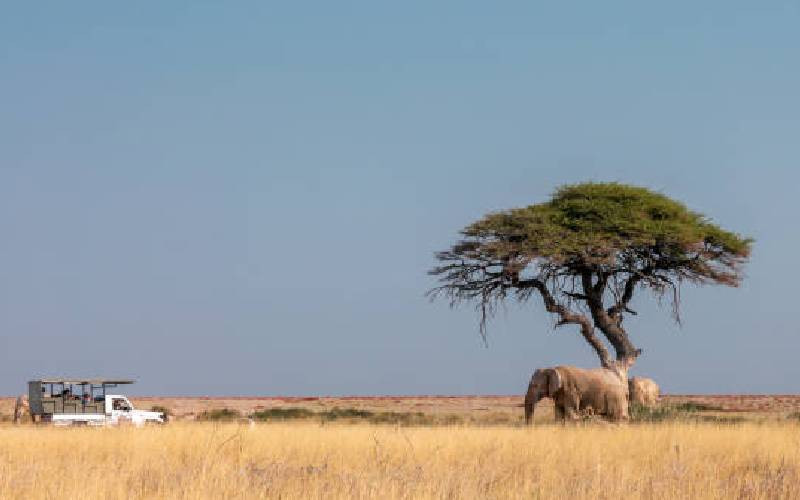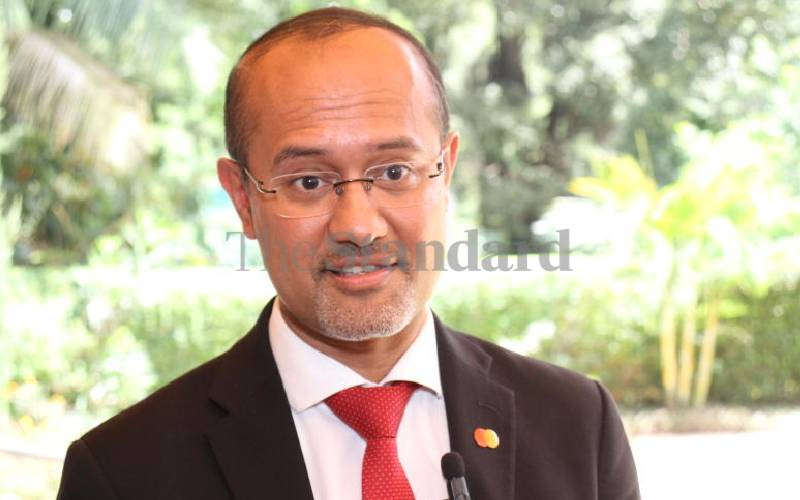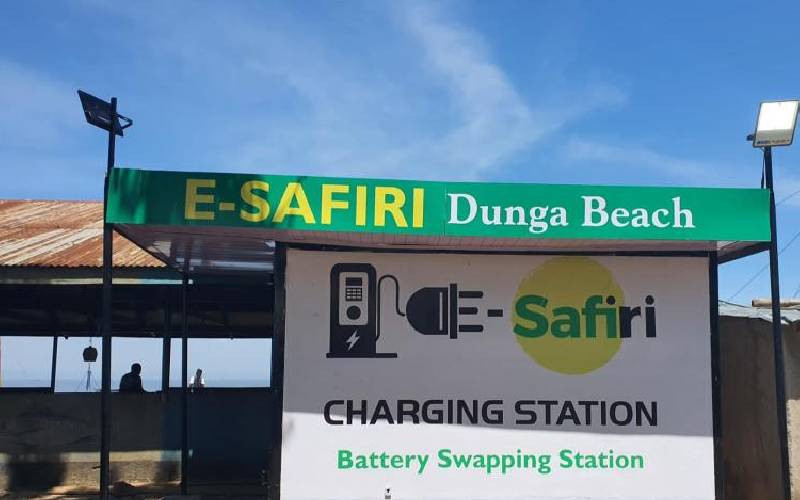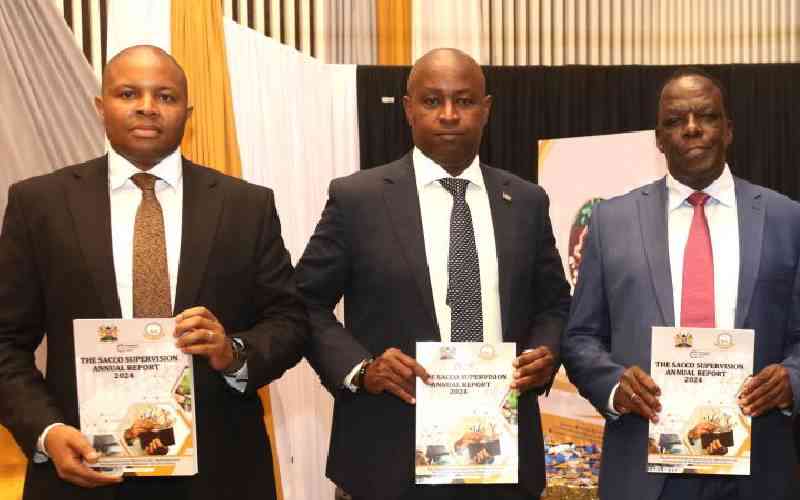×
The Standard e-Paper
Join Thousands of Readers

A new report has unearthed shocking details of how wildlife population in Africa has reduced significantly over the past 50 years.
The 2024 World Wide Fund for Nature (WWF) report places the declining population at 76 per cent in monitored wildlife populations across Africa, representing mammals, birds, amphibians, reptiles, and fish.







